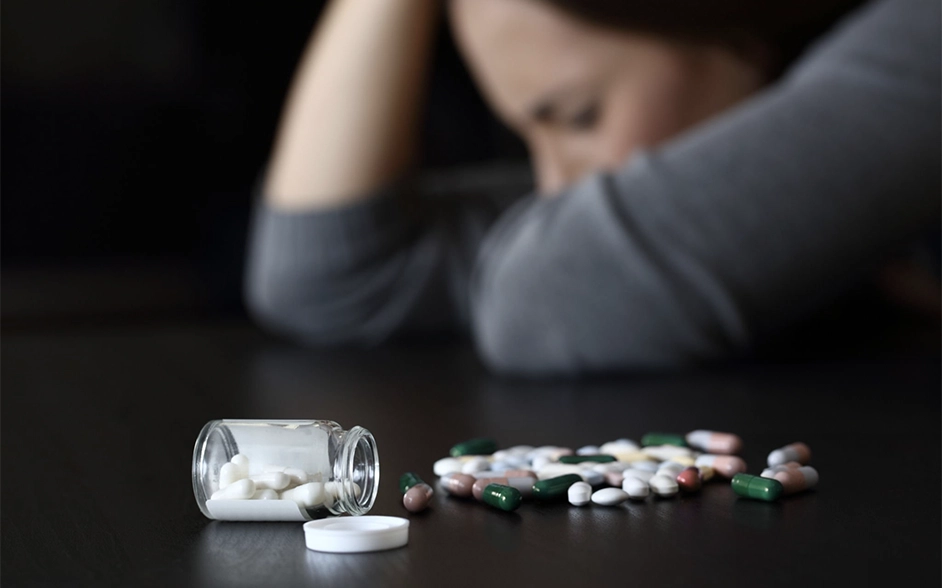Addiction is a complex and multi-dimensional disorder that affects lives socially, psychologically, and personally. Though substance abuse may appear overwhelming, help and hope are available. American rehab centers and in luxury locations offer diverse therapies and support systems to empower individuals to reclaim control of their lives. This blog post discusses various forms of addiction therapy found at rehabilitation facilities and also their critical place in recovery processes.
Role of Rehabilitation facilities in the course of recovery.
Drug abuse treatment centers, specifically in the US, provide a structured and stimulating environment for people who abuse drugs. They are both inpatient and outpatient service providers that treat all types of needs: from long-term treatment to detoxification with the support of drugs. Whether it is a drug addiction center or an alcohol addiction center, these establishments have the advanced methods of treatment as well as the professionals working in concert to treat the patient.
High-end rehabilitation centers do not only provide therapy but also create an environment conducive to emotional and mental healing. This is accomplished by addressing the core mental illness issues often accompanying addiction, including anxiety, depression, and trauma.
Why choose an American rehab center?
More and more individuals seeking the best treatment for their substance use disorders are opting for rehab facilities in America. The reasons behind this trend can be traced to several factors, among which are cutting-edge treatment approaches, highly skilled professionals, and luxurious facilities that add comfort and efficiency to the healing process.
Personalized care: Each individual has a different path to healing. Luxury rehabs offer tailor-made treatment programs suitable for specific requirements. Whether genetically, psychologically, or environmentally, this personalization helps to understand the root cause of addiction.
Well-experienced physicians, therapists, and counselors: the specialists working in American rehab centers include addiction and mental health treatment specialists. They assure proper care and ensure that their patients get the best recovery process due to the wide knowledge and experience.
Holistic Healing: Most rehabilitation centers in the United States use all the complementary therapies, which include yoga, meditation, acupuncture, and dietary counseling in addition to conventional therapy. Long-term sobriety depends upon whether these therapies could manage to increase the mental clarity, reduce stress levels, and bring a sense of inner serenity.
Privacy and Comfort: For most of the recovering people, luxury addiction treatment centers provide the level of comfort and privacy which may be absolutely essential to get the individual in a position where they can solely focus on the recovery process free from the various stressors associated with daily life.

Types of Addiction Treatment Available in Drug and Alcohol Rehabilitation Centers
There is no single treatment for addiction in the United States. Instead, different types of treatment are applied depending on the state of the person, the extent of their addiction, and their particular requirements. Among the most popular therapies provided by drug and alcohol recovery facilities are:
1. Detoxification via Medicine
For most people with physical substance dependence, the first stage of treatment may include medical detoxification. After all, this provides a structure for placing individuals under the close supervision of medical professionals who help them to quit alcohol or drugs in a safe manner. This stage may be quite demanding, and thus continuous monitoring is needed because handling withdrawal symptoms from these substances requires it.
2. Inpatient Rehabilitation
Inpatient rehabilitation is when the patients are required to stay in the institution for a given number of days depending on the addiction. Normally, the periods range between 30 and 90 days. For this duration, the patient gets constant medical attention and counseling with therapy. People suffering from more serious addiction issues or those who have had relapses in the past find much benefit from inpatient therapy.
3. Outpatient Rehabilitation
An outpatient program enables clients to remain in their own homes and visit a treatment facility for part or all of the day. It is good for individuals who need structure but still have a job or family to take care of.

Examples of outpatient care include group therapy, support group meetings, and individualized treatment.
4. Dual Diagnosis Treatment
Substance use disorders are accompanied by common mental health conditions, such as melancholy, anxiety, or post-traumatic stress disorder (PTSD). Dual diagnosis treatment addresses the co-occurring mental health disorders simultaneously with the addiction. This all-inclusive approach ensures a more effective and long-term healing.
5. Therapeutic Interventions
Most addiction treatments include therapy. Various therapeutic techniques are employed to make patients understand why they may have become addicted, develop coping strategies, and adopt better behavioral habits. Some of the most common therapies include the following:
-Cognitive behavioral therapy, or CBT: It helps patients become aware of and change negative thought patterns that lead to addiction.
-Motivational interviewing: A goal-directed approach that helps the patients find out their motivation to get well.
-Family Therapy: By including family members in the healing process through family therapy, they mend their relationships and create support networks.
-Group therapy: This is a healing forum in which people share their situations and learn from others who are facing the same problems.
6. Relapse Prevention and Aftercare
The recovery is continuous after a rehabilitation program. Sobriety for a long time can be established only with continuous support and therapy. Many rehab centers in the USA offer aftercare programs, including continuing therapies, support group meeting, and alumni networks. This also includes the relapse prevention techniques that help individuals maintain sobriety while leaving the center.
De-addiction centers are necessary for people to get rid of the vicious cycle of addiction. Recovery is not only the cessation of drugs and alcohol but also learning how to lead a satisfactory life without those substances.
Besides medical care, psychological and emotional support is also provided to the patients, which ensures complete recovery. De-addiction centers help build the foundation for lifelong sobriety through dealing with the underlying causes of addiction and learning survival skills. Service delivery in such facilities also often includes training in living skills, like employment counseling, stress management, and communication skills, which is essential for reintegrating into society and living a meaningful life after recovery.
